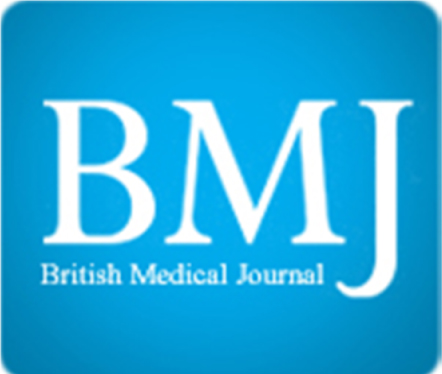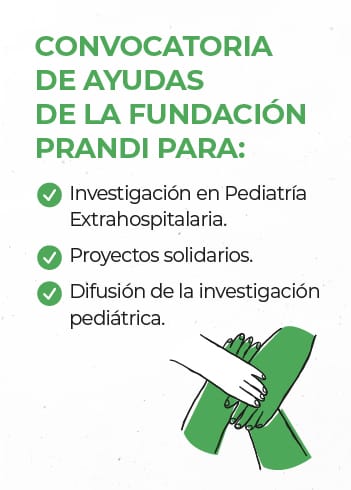Joint Statement on Paediatric Primary Care in Europe
EPA EAP ECPCP
On 30 April, the BMJ has published an article in the “personal view” section titled: «Back to red: allowing specialists to provide primary care would be a step backward for Poland» (BMJ 2014;348:g3030). The manuscript, signed by the President of the Polish College of Family Physicians, strongly criticizes the decision of the Polish Government to allow pediatricians and doctors specialized in internal medicine working in primary care. The article is evidently based on the assumption that public health care systems based on General Practitioners are less expensive and can provide a better quality care for the population, compared to the specialty-based public health care systems, with particular reference to nations like Poland, where the Family Pediatrics plays an important role. The author of the BMJ article states that pediatricians “are not prepared to guarantee comprehensive, complex and coordinated care for patient, family and community”, and that “the wholesale introduction of paediatricians and internists into primary care may well result in more referrals to specialists because they provide a narrow range of services”, concluding that such Paediatrician-based systems reflect typical “communist models of primary care active decades ago”.
The three major European Pediatric Organizations, EAP, EPA and ECPCP firmly reject such line of thoughts and criticizethe publication of such an article which is lacking evidence based public health research.
The boards of EAP, EPA and ECPCP decided to consult you as a leading paediatrician in your country in order to take a clear position in this delicate matter and more importantly to elaborate a strategy for reacting immediately to similarly misleading future information.
The three European peadiatric organizations will therefore meet in Barcelona on October 17-21, 2014 to extensively discuss this matter and to publish a consensus document. We would highly appreciate if you could actively support our initiative: please forward your suggestions to the secretary general of the three organizations and if possible join us in Barcelona.
Signed by Leyla Namazova Baranova (President EPA/UNEPSA); Tom Stiris (President EAP) and Luis Sanchez Santos (President ECPCP)









